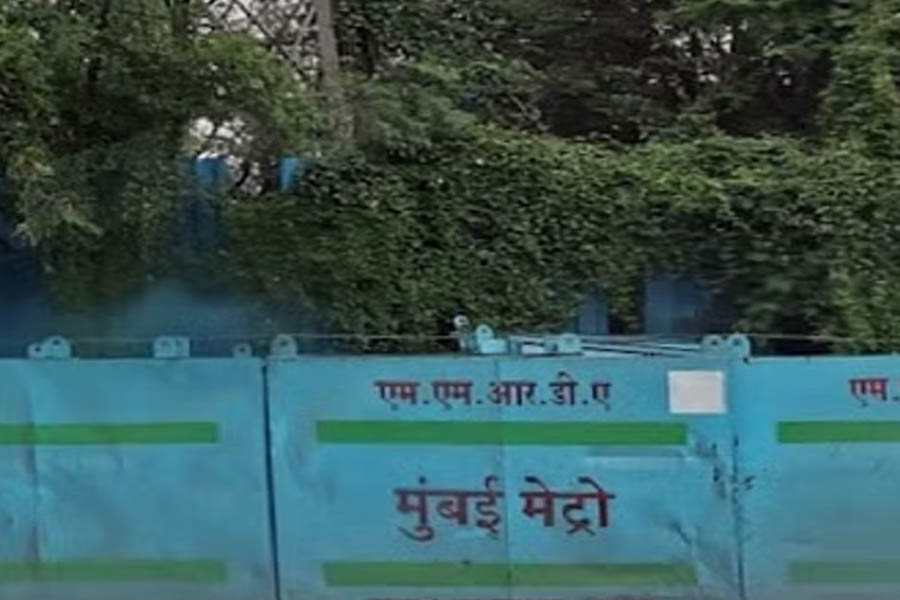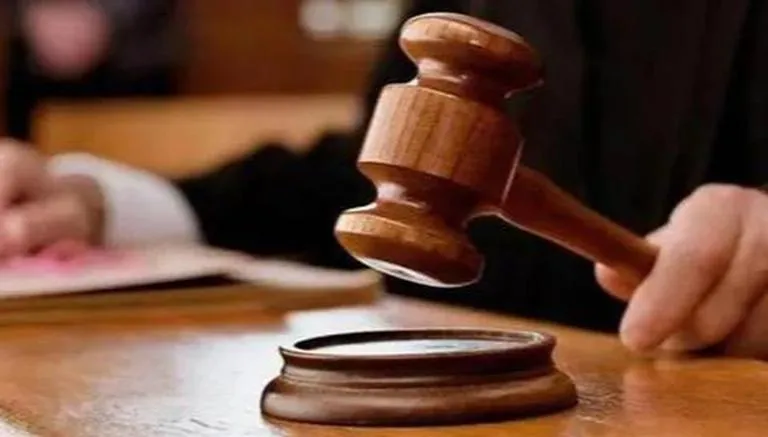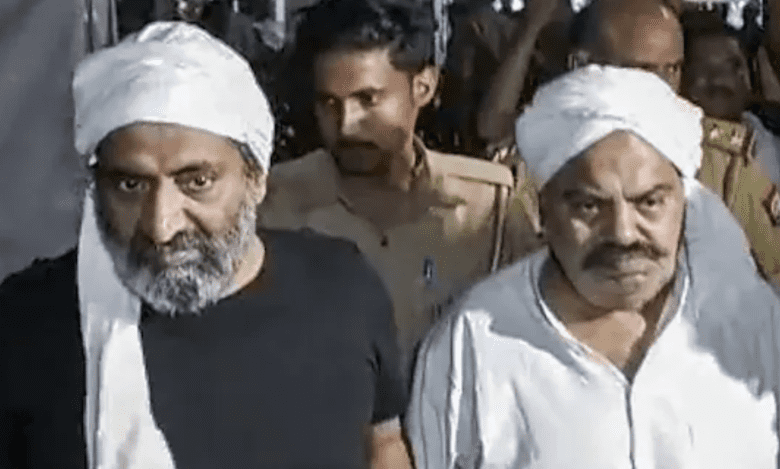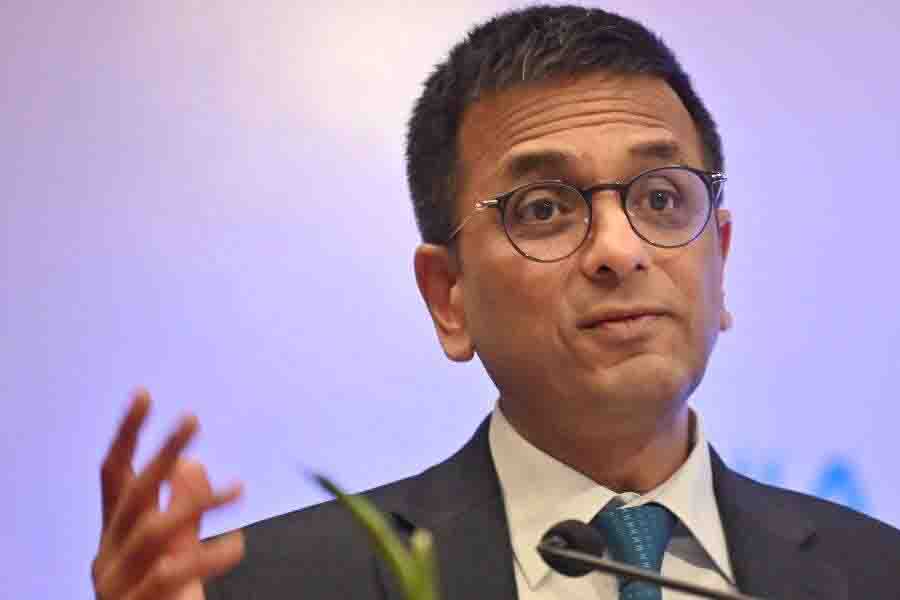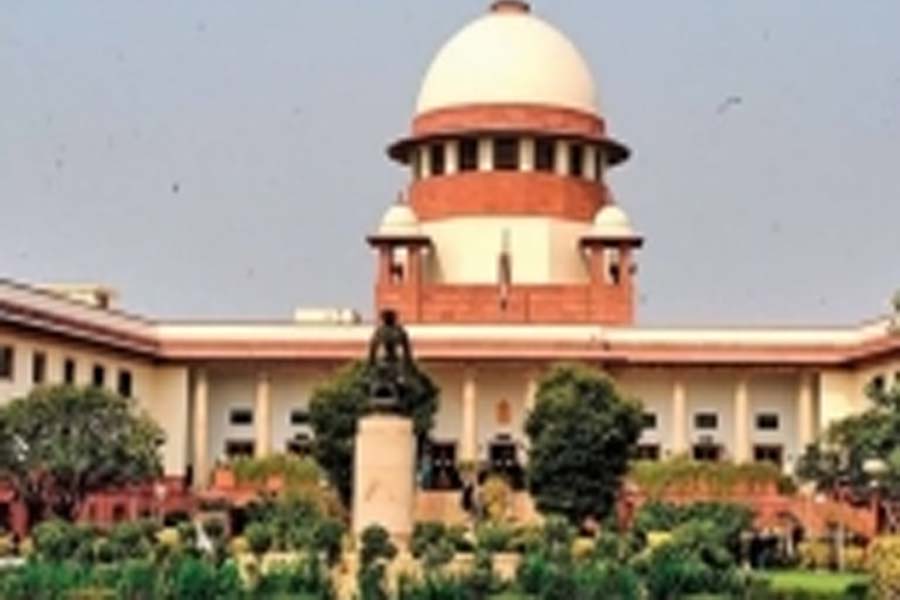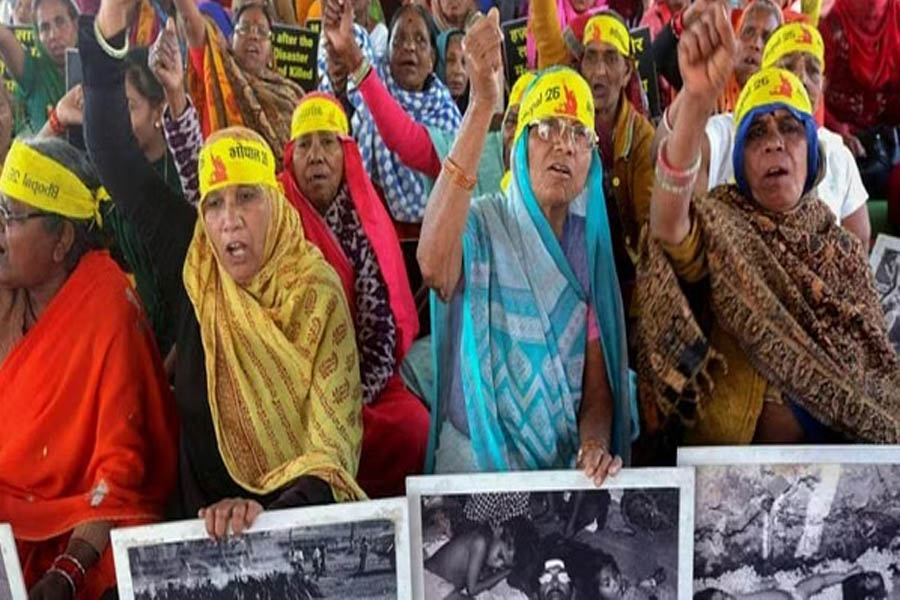The Supreme Court on Monday came down heavily on the Mumbai Metro Rail Corporation Limited (MMRCL) for its attempt at felling more than the ordered limit of 84 trees for the Mumbai Metro Rail project in Aarey
A bench of Chief Justice of India (CJI) DY Chandrachud, Justices PS Narasimha and JB Pardiwala found it necessary to penalise MMRCL for its conduct and directed it to deposit ₹10 lakh with the Chief Conservator of Forests.
“MMRCL shall deposit 10 lakhs to the Chief Conservator of Forests and the conservator should ensure all afforestation as directed is completed. The conservator shall ensure that planting of trees direction is followed,” the court ordered.
The order was passed after MMRCL sought permission to fell 185 tress instead of 84, as previously allowed by the bench.
The bench was miffed at the fact that superintendent of gardens and trees officer had granted permission to fell 177 trees in violation of the top court’s order.
“You people think you can Supreme Court for a ride. You cannot overreach the court. Officer of MMRCL should also be sent to jail. Ask CEO of MMRCL to be present in court,” the CJI siad.
The Court further remarked that both the MMRCL and Brihanmumbai Municipal Corporation (BMC) were in contempt of the court.
During the hearing Solicitor General (SG) Tushar Mehta stated that while there was lacuna on the authorities’ part, it was bona fide and there was no intention to override the court.
On the court’s suggestion of a monetary penalty, the SG urged the court to reconsider.
“We should have come before this court and there is lacuna but there was no attempt to overreach this court. I urge this finding not to be recorded.. instead of monetary penalty… reforestation of 3,000 trees can be directed.. this can serve a larger cause”, he said.
Senior Advocate Gopal Sankarnarayanan, however, said that complete fraud had been played on the court.
“I am appearing for Van Shakti.. what is happening here is incremental.. it is based on complete falsehood.. they said earlier no survey so they did not know how many trees”, Senior Advocate CU Singh added.
The Court was hearing a suo motu plea against construction of a metro car shed under the Mumbai Metro Rail project, at the Aarey area, which is one of Mumbai’s major green lungs.
On October 7, 2019, the Court had ordered the State of Maharashtra not to cut any further trees at Aarey, and to maintain the status quo.
Nonetheless, in November 2022, the court had allowed the MMRCL to pursue its February 2019 application seeking permission to fell 84 trees reasoning that this was required for a shunting site/ramp, without which the overall metro project would have no consequence.
The MMRCL, however, applied to fell 185 trees.
After the superintendent of gardens and trees officer granted permission to fell 177 trees and transplant 53 trees subject to the condition that 1,533 trees will be re-planted, a Public Interest Litigation (PIL) petition was filed in the Bombay High Court.
The High Court took note of the top court’s order regarding on 84 trees and ordered that no tree shall be felled until a clarification was sought from the court.
The matter then reached apex court by way of the present application.
